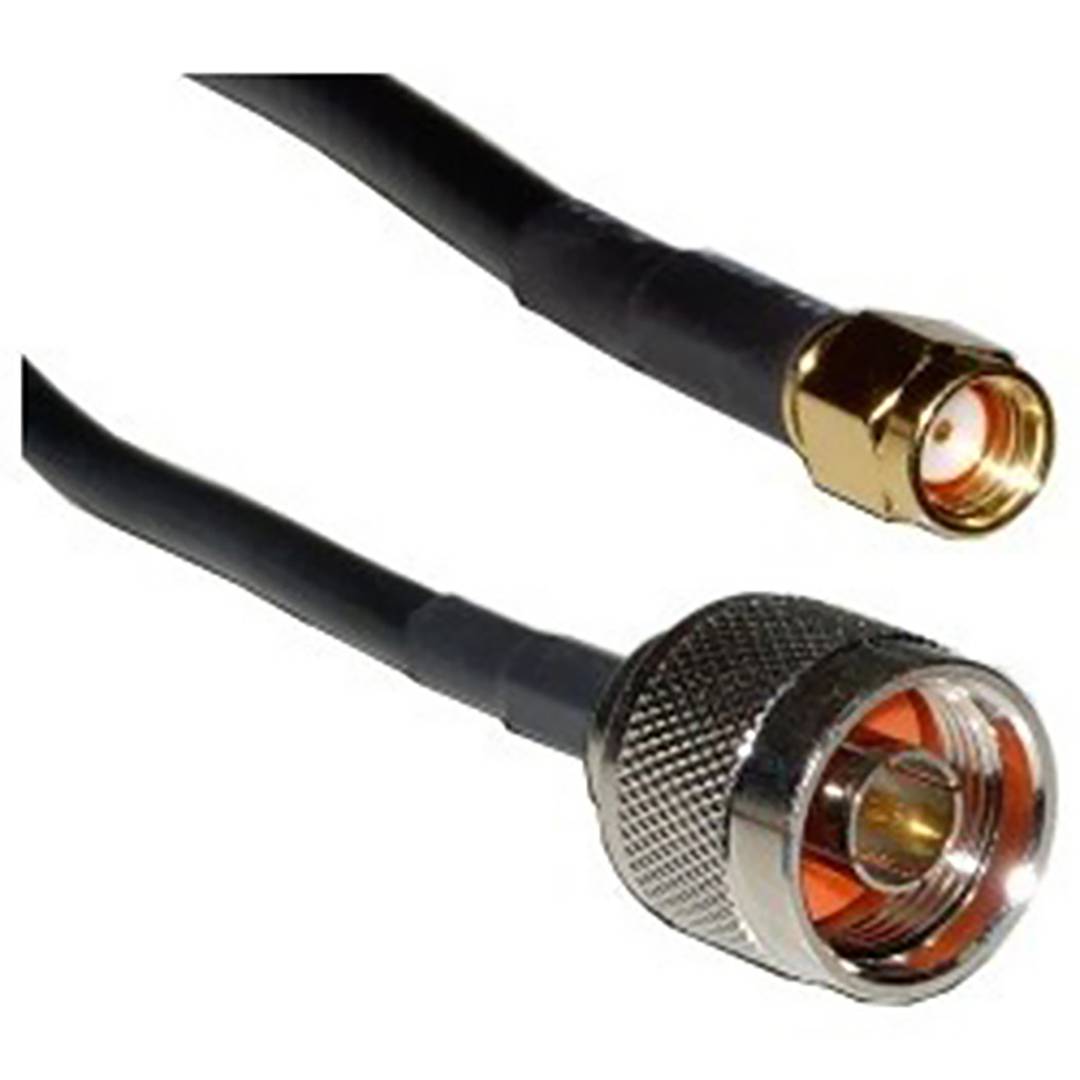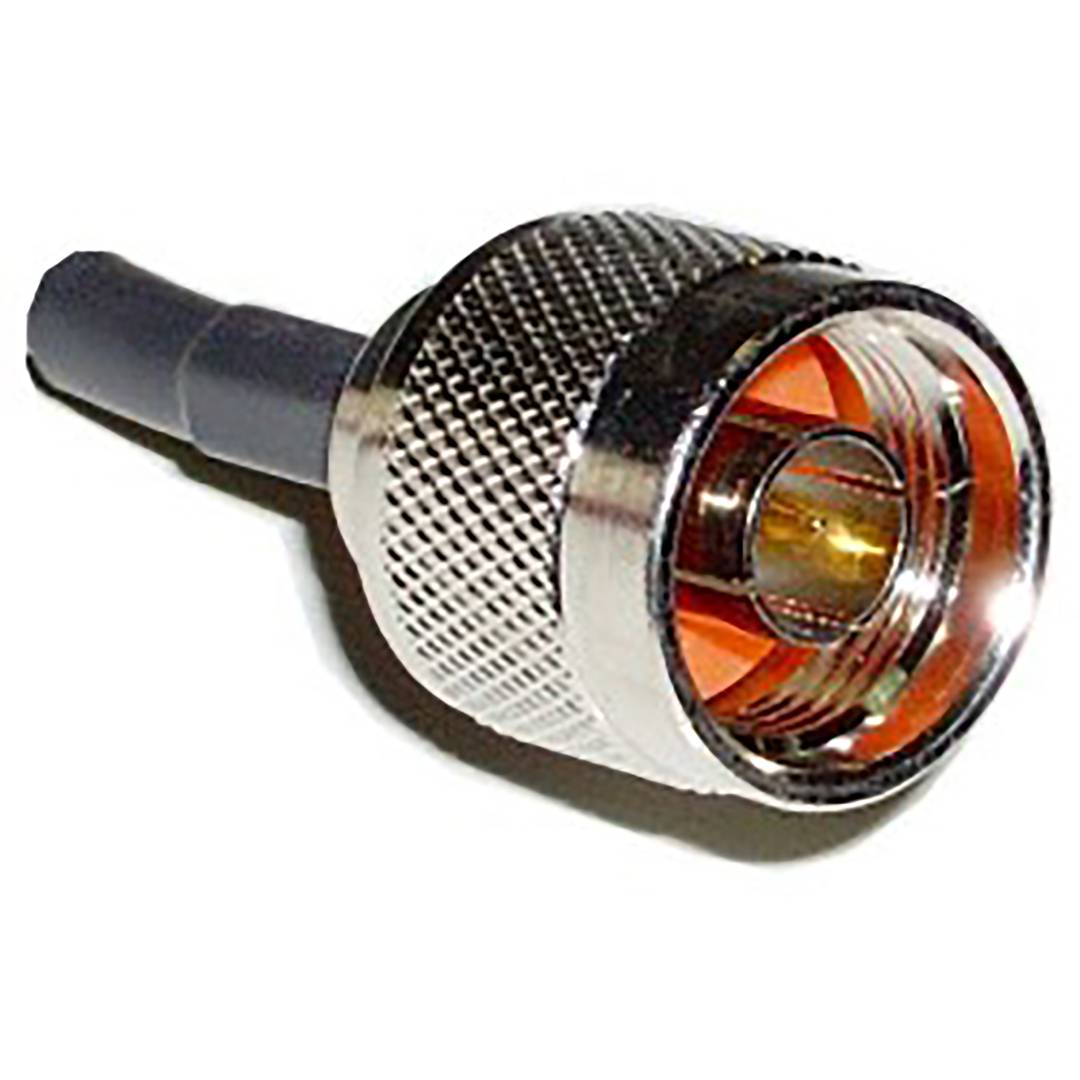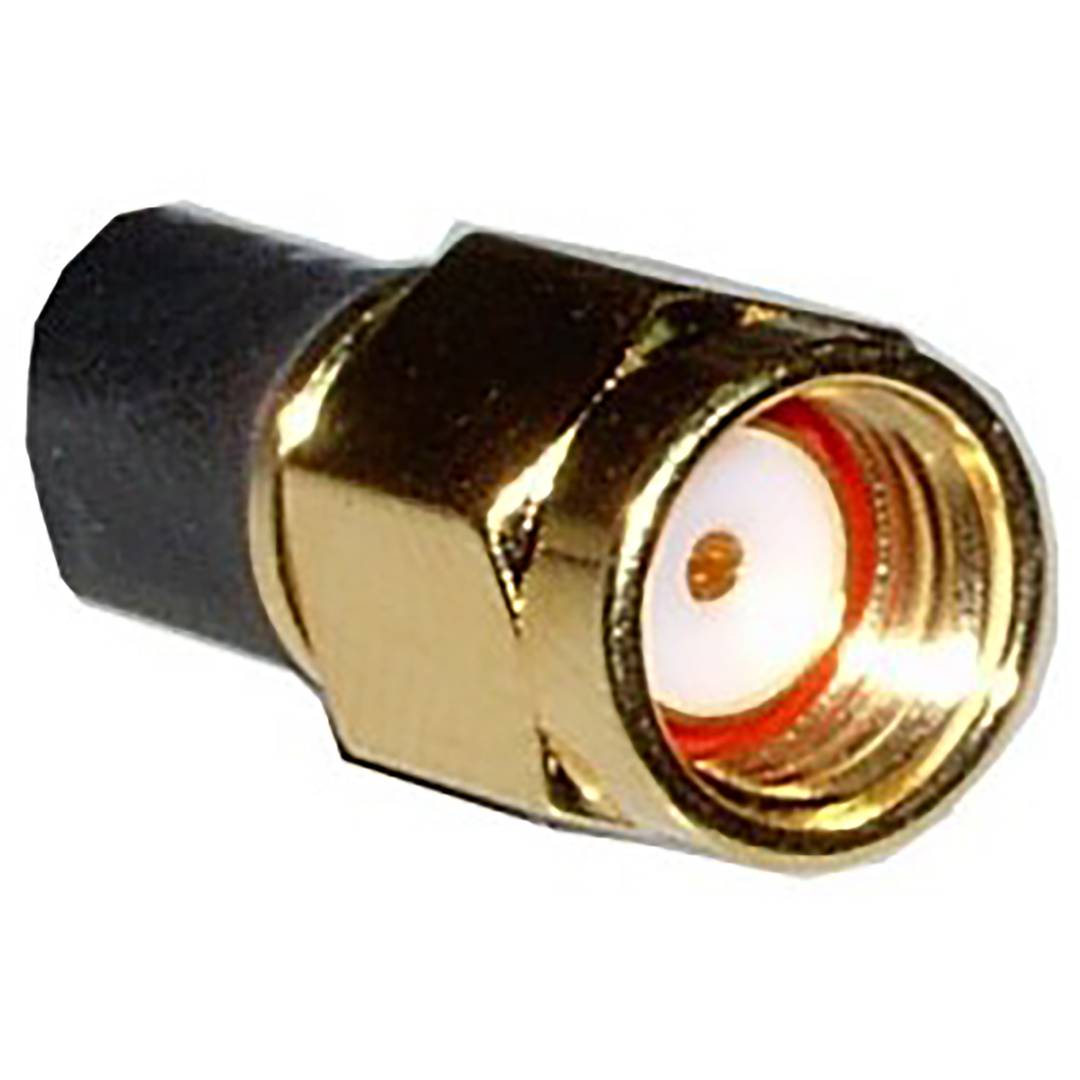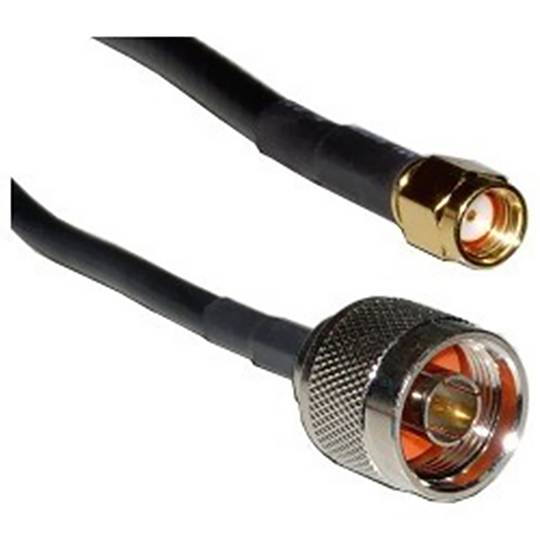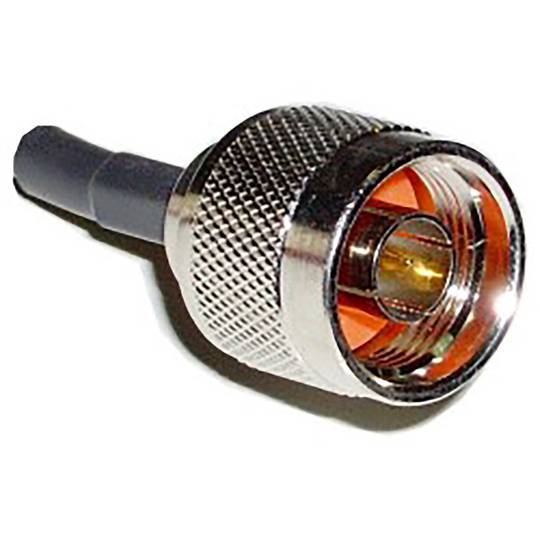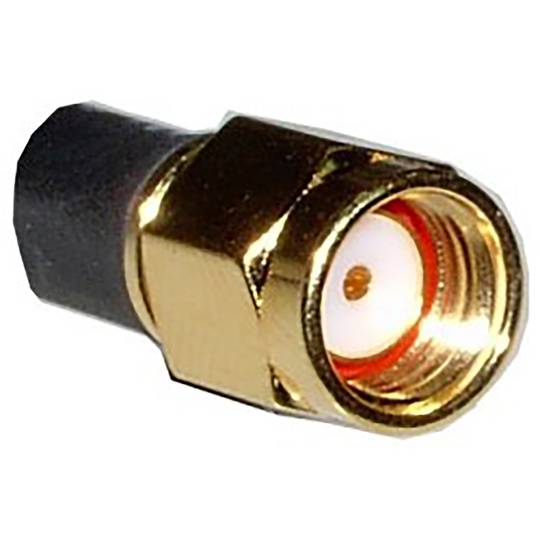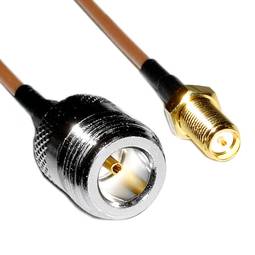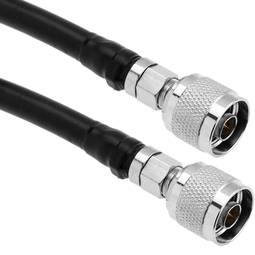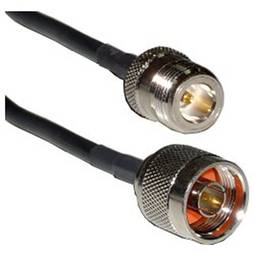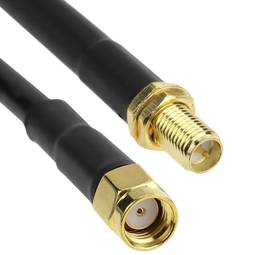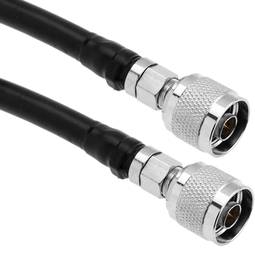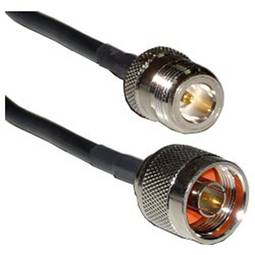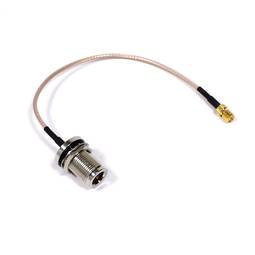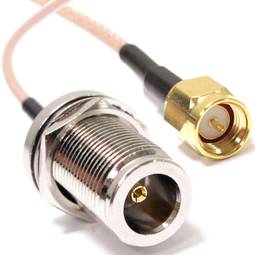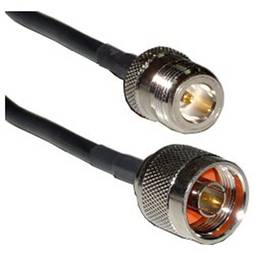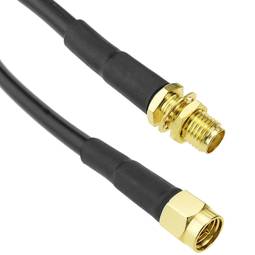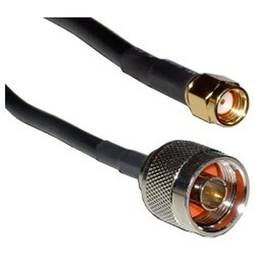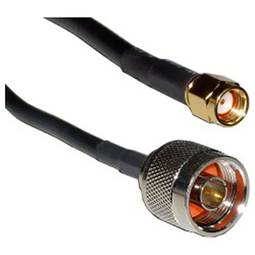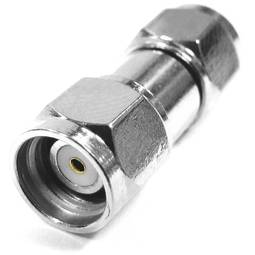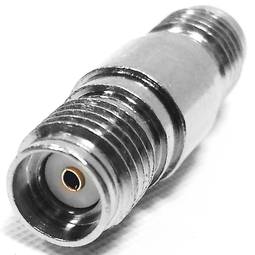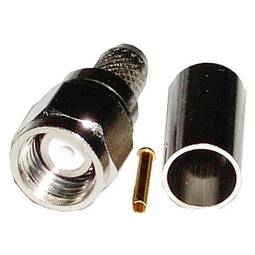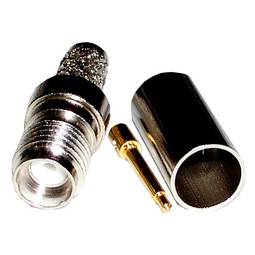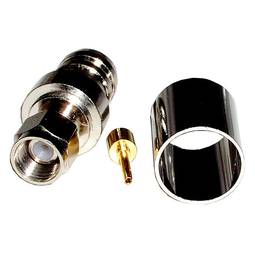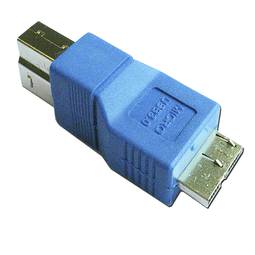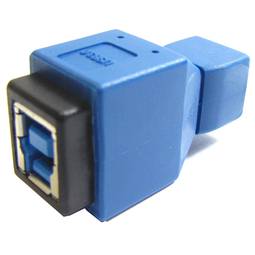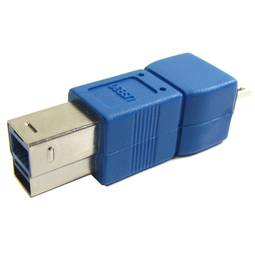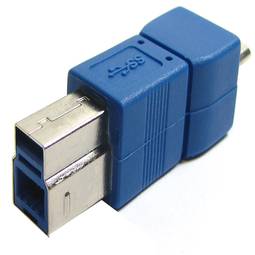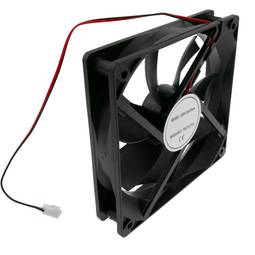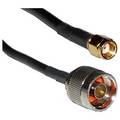12/22/2024 4:11 p.m.
https://cablematic.com/en/products/hdf200-coaxial-cable-n-male-to-rsma-male-5m-WG055/
https://cablematic.com/en/products/hdf200-coaxial-cable-n-male-to-rsma-male-5m-WG055/
HDF200 coaxial cable N-Male to RSMA-male 5m
REF: WG055
Specifications
- HDF200 type cable with N-Male connector on the antenna side, and SMA-Male-Inverted connector on the 802.11 device side.
- This cable allows the connection of an antenna that has an N-Female connector to an 802.11 compatible wireless LAN peripheral.
- 5m cable length.
- The gain loss of the HDF200 cable is 0.5 dB/m, and therefore the actual loss for this length is 2.5 dB.
PVP
€29.59
Price including VAT:
€29.59
PVD
€26.15
PVP: Retail price.
Check conditions.
PVP: Sale price to distributors.
Check conditions.
warranty
returns
safe
We will notify you when it is back in stock.
Specifications
- HDF200 type cable with N-Male connector on the antenna side, and SMA-Male-Inverted connector on the 802.11 device side.
- This cable allows the connection of an antenna that has an N-Female connector to an 802.11 compatible wireless LAN peripheral.
- 5m cable length.
- The gain loss of the HDF200 cable is 0.5 dB/m, and therefore the actual loss for this length is 2.5 dB.
More info
HDF200 type cable with N-Male connector on the antenna side, and SMA-Male-Inverted connector on the 802.11 device side. This cable allows the connection of an antenna that has an N-Female connector to an 802.11 compatible wireless LAN peripheral. 5m cable length. The gain loss of the HDF200 cable is 0.5 dB/m, and therefore the actual loss for this length is 2.5 dB.
- Gross Weight: 220 g
- Product size (width x depth x height): 30.0 x 22.0 x 2.0 cm
- Number of packages: 1
- Packages size: 30.0 x 22.0 x 2.0 cm
- Master-pack: 80
Technical terms
- Wifi
Wifi
The Wifi technology is a wireless communication mechanism between devices. This technology allows you to connect devices such as computers, laptops, mobile etc... to the Internet or communicate with the devices themselves.
Applications can be several, among the most common are the access points, ideal for giving and sharing a connection signal to multiple devices. It is the typical configuration of a home user.
Repeater, ideal to repeat and amplify weak signal.
The power and range between devices basically depends on the antenna and its hardware.
The wireless signals work under a unified standard regulations, the standard that is based on the IEEE 802.11. These include IEEE 802.11b, IEEE 802.11g and IEEE 802.11n working at 11 Mbit/s, 54 Mbit/s and 300 Mbit/s, respectively.
Being any device with a standardized protocol such technology can connect to another using the same technology, making it a kind of universal connection.
The wireless networks are characterized by the ease and convenience of making connections in infrastructure, since it is not necessary to perform network cable installations.
it also allows connecting a lot of devices to a single node.
Applications can be several, among the most common are the access points, ideal for giving and sharing a connection signal to multiple devices. It is the typical configuration of a home user.
Repeater, ideal to repeat and amplify weak signal.
The power and range between devices basically depends on the antenna and its hardware.
The wireless signals work under a unified standard regulations, the standard that is based on the IEEE 802.11. These include IEEE 802.11b, IEEE 802.11g and IEEE 802.11n working at 11 Mbit/s, 54 Mbit/s and 300 Mbit/s, respectively.
Being any device with a standardized protocol such technology can connect to another using the same technology, making it a kind of universal connection.
The wireless networks are characterized by the ease and convenience of making connections in infrastructure, since it is not necessary to perform network cable installations.
it also allows connecting a lot of devices to a single node.



